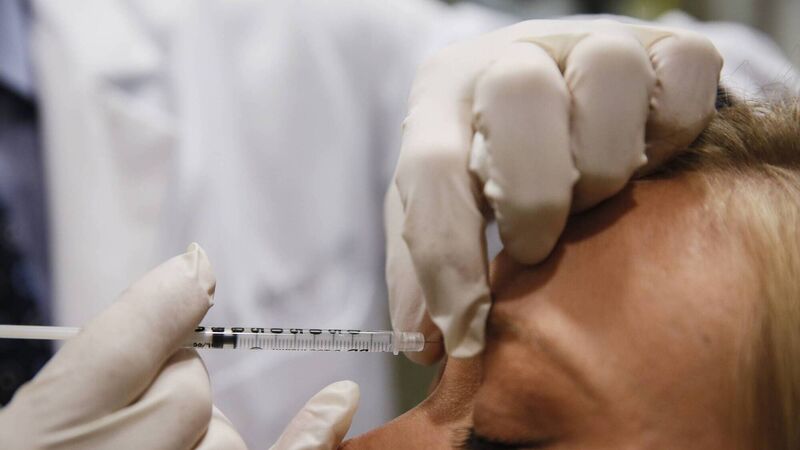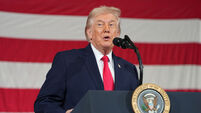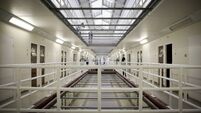From Nespresso to Botox: Here's what US buyers may be paying more for after Trump tariffs

AbbVie reported almost $1.7bn (€1.5bn) of Botox cosmetic sales in 2024.
With US tariffs on almost every country now in effect, Americans are lamenting pending prices hikes for Champagne, Parmesan and Ferraris.
But the impact on pockets goes far beyond things like luxury cars and specialist foods. As the new levies take effect – starting Saturday for the 10% base rate – manufacturers and suppliers of everything from daily supermarket goods to shoes, from beauty products to sex toys, have to figure out how much of this extra cost to pass on to customers.











